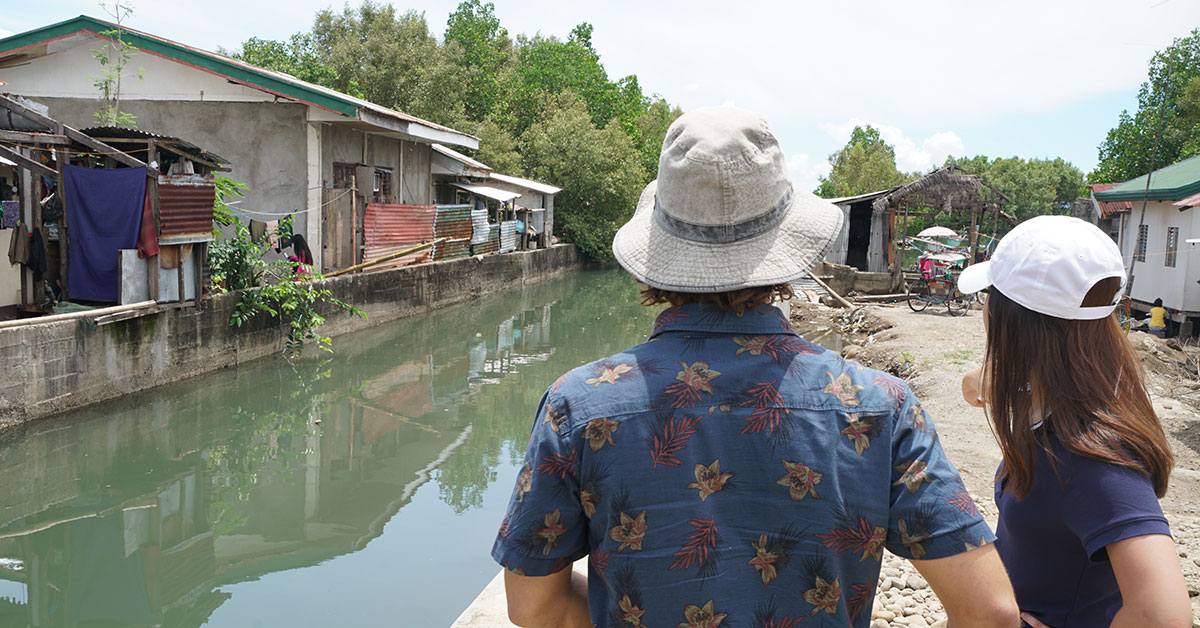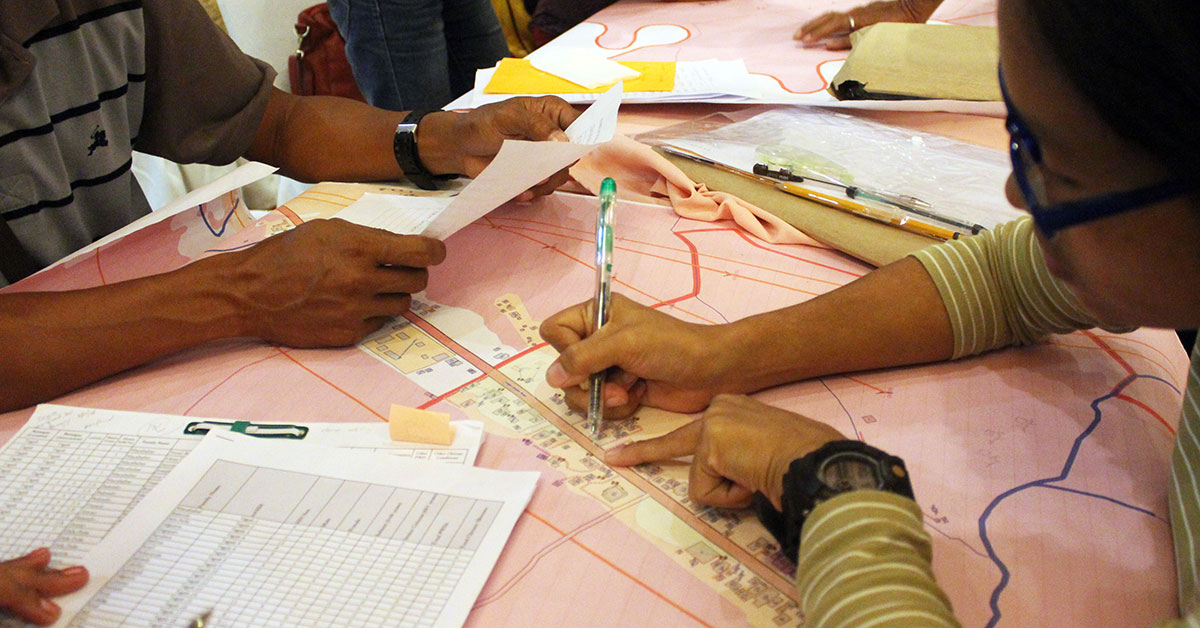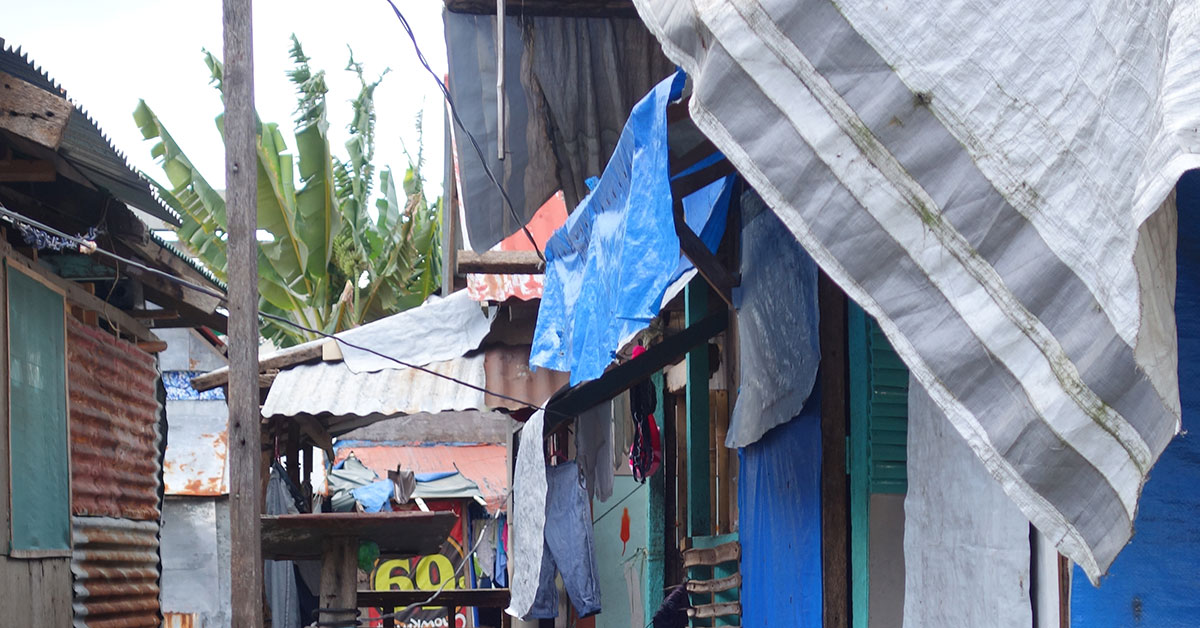
Advancing Local Flood Decision-Making for Disaster Risk Reduction
Disasters pose a significant threat to global development and poverty reduction. In developing communities, understanding disaster risk can be challenging in data scarce environments. This research aims to transform disaster risk assessments by understanding how climate change will impact localised flood risk and unpack how these assessments can be better incorporated into local planning processes. The project team will accomplish this through in-depth study of two catchment basins located in the Municipality of Carigara (Leyte, Philippines) and the Regency of Singkil (Aceh, Indonesia). Hydrological modelling will incorporate downscaled climate change models, in combination with vulnerability assessments, to examine shifting flood risk patterns. We will use focus groups, key informant interviews, and serious games to develop a flood decision tool for local governments to better understand and apply flood climate models. Results will inform strategies to improve resilience of resource-constrained communities.


